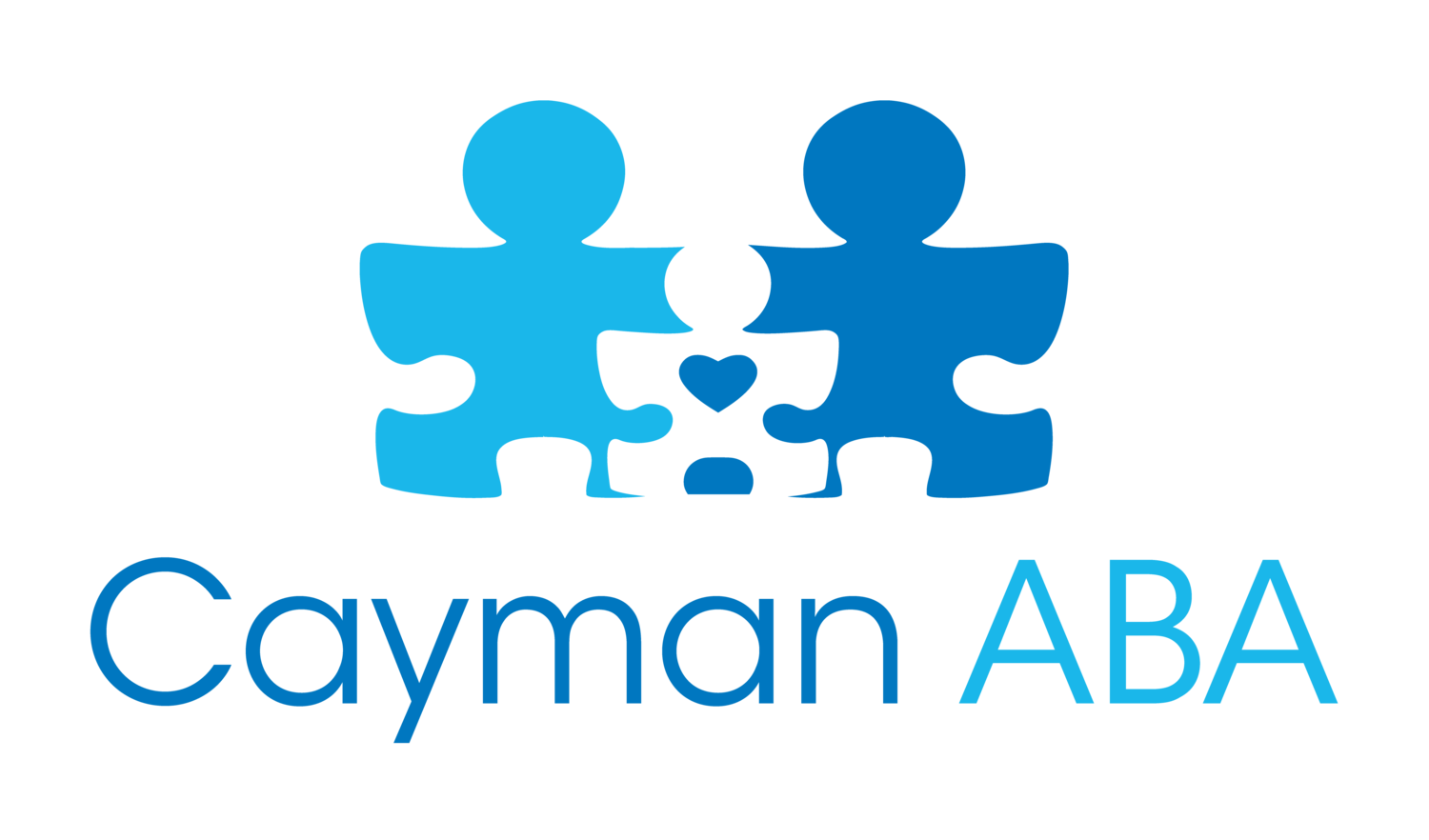Quick Reference Glossary
We decided to put together a simplified glossary of commonly used terms within the field of ABA. Since we are a profession based on science, we tend to use technical terms that are related to our profession’s terminology. Please take a look below and bookmark this page for a quick reference to terms.
ABA - Applied Behaviour Analysis is the application of strategic science-based operational techniques based on the principles of behaviour.
ABA Therapist - The ABA therapist is a frontline worker who applies the principles of ABA under the guidance of a professionally trained BCBA, (Behaviour Certified Board Analyst).
ABC's of Behaviour - Antecedent, Behaviour, Consequence.
Antecedent - What happened before a behaviour.
Autism Spectrum Disorders - Disorders which involve a range of deficits that occur along a spectrum.
Behaviour – Observable actions made by an individual.
Chaining – Breaking tasks down into steps.
Consequence – The result of an action.
Deprivation – Being without something considered essential.
Developmentally Delayed – A condition where the person does not reach typical milestones of development, notably physical, cognitive, behaviour, emotional and social.
Discrete Trial Training (DTT) – A highly structured one-on-one teaching method which breaks down skills and teaches them in small increments.
Discriminative stimulus (SD) – A stimulus, (prompt) that increases the probability of a response.
Echoic – A type of behaviour which involves repeating the same sound or word after it is heard.
Echolalia – A type of behaviour which involves repeating sounds, phrases or words at any given time from memory.
Extinction – The elimination of reinforcement for a behaviour.
Extinction burst – Shortly after the removal of a reinforcer the behaviour gets worse before it gets better.
FBA (Functional Behaviour Analysis) – An assessment done that identifies a specific behaviour, identifying the factors that support the behaviour and determine the purpose of why the behaviour is happening.
Fine Motor Skills – Skills which involve the use of small muscle groups, (writing, scissors, etc.).
Generalization – The ability to use new skills across different environments.
Gross Motor Skills – Skills which involved large muscle groups, (standing, walking, etc.).
Intraverbal – A response which is based on verbal input, (eg. responding to a question).
Mand – When a person verbally asks for something.
NET – NET stands for Natural Environment Teaching, where ABA is applied within the natural environment of the learner, (eg. while they’re playing with toys).
Pairing – A term used for building rapport with a client. This term refers to associating yourself with the individual’s favourite items to improve your value from their perspective
PECS – PECS or Picture Exchange Communication System, is an alternative method of communication that uses pictures with words underneath.
Probe – An assessment to measure the level of a specific skill. This is usually used at the beginning of therapy or when a new skill is introduced in order to gauge previous knowledge.
Prompt – A prompt is an instruction that is given before a behaviour. It can take on different forms: visual (pictures), verbal(voice), gestural (pointing), modelling (showing them) and physical (physically guiding them).
Prompt Dependent – Prompt dependency can happen when an individual awaits instructions instead of initiating in a task.
Punishment – A consequence that aims to reduce behaviour.
RBT - Registered Behaviour Technician.
Reinforcement – Something that follows a behaviour that increases the likelihood of it occurring again.
Satiation – The reduction in satisfaction with an item or need, (when a child gets bored with a certain toy).
Scrolling – Multiple responses are given based on effectiveness in the past. Individuals will list or, “scroll” answers they previously gave in hopes that one is correct.
Self injurious behaviour (SIB) – Any behaviour that results in physical harm to themselves.
Shaping – A teaching method that involves rewarding an individual throughout a step-by-step process in obtaining a target behaviour.
Spontaneous Recovery – The re-emergence of a particular behaviour that was thought to be eliminated.
Stimulus - A stimulus is something that causes a reaction or response. It can be anything that we hear, smell, see, touch or taste.
Tact – A verbal behaviour when the individual labels something.
Target Behaviour – The behaviour identified, (by the FBA) that needs to change.
Task Analysis – The process of breaking down complex tasks into small, simple steps.
